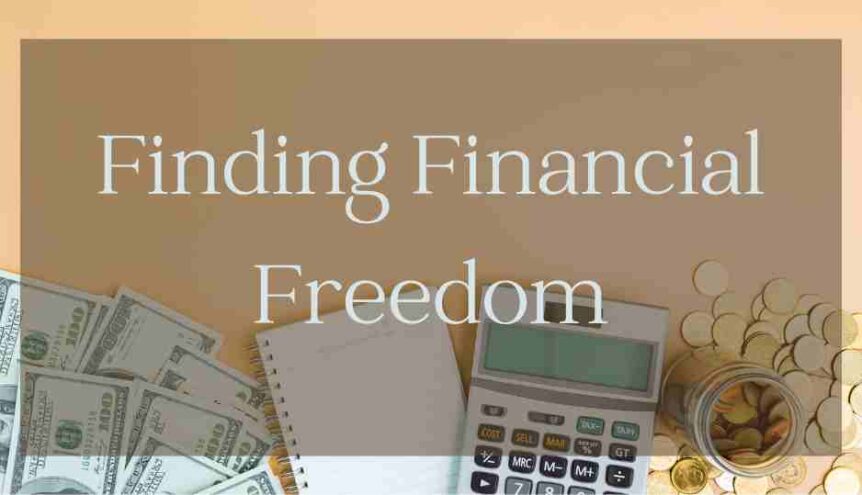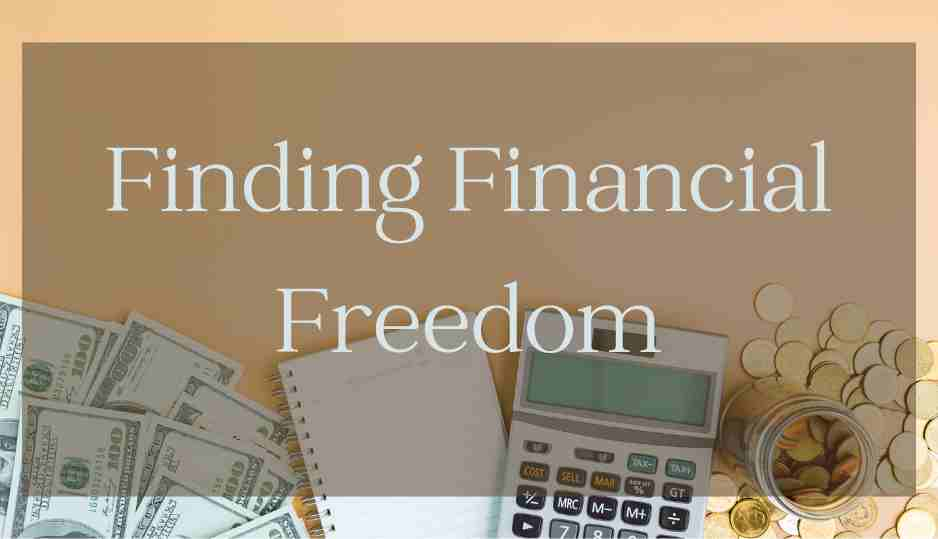“The rich rule over the poor, and the borrower is slave to the lender”—Proverbs 22:7
The week before my first husband and I got married, he bought a brand, spanking-new Toyota truck with nothing down and eighteen-percent interest. At the time, his high-risk insurance (due to his poor driving record) cost more than a home mortgage. Needless to say, we had a lot of debt before we even said, “I do.”
That set up the pattern for our entire 22-year marriage, and it was one of the key components to its breakdown. Nice houses, cars (oh, so many cars), a travel trailer, a boat, expensive timeshares… the more money we made, the more he spent. His financial philosophy was, “If we can afford the payments, why wait?”
According to Psychology Today, there is often an emotional trigger that causes overspending—a need we try to meet with material things.
Although the article I linked to above discusses emotional intelligence, I believe it’s more of a spiritual issue. Whenever we try to fill the hole in our hearts with anything other than a relationship with Jesus, there will be a price to pay—and in the case of my ex, it was debt. Lots and lots of debt.
Needless to say, we weren’t walking with the Lord. We attended church weekly, but we didn’t tithe. How could we when we were living paycheck to paycheck? Once we paid the mortgage (which increased with each upgrade), car loans, boat loan, travel trailer loan, credit card debt, etc., there was nothing left over.
And that’s where so many of us tend to fail. We have an upside-down financial philosophy.
Last week, I was reading Genesis 4, and I noticed something I hadn’t considered in my previous readings. Verses 3-4 says, “In the course of time Cain brought some of the fruits of the soil as an offering to the LORD. And Abel also brought an offering—fat portions from some of the firstborn of his flock” (emphasis mine).
We all know how that worked out. The LORD looked with favor on Abel’s offering, but not so much on Cain’s. While Abel gave his best to the Lord, Cain gave from his left overs. This led Cain to become angry and jealous of Abel, and he killed him.
There is a difference between offering to the Lord whatever we have left over after paying our bills and giving Him the first fruits—or firstborn, as Abel did.
I think the hardest lesson for some of us to learn is the difference between a need and a want. Everything we have comes from God. He is our Provider, and He promises to take care of our needs. Food, shelter, clothing. Those are our needs. Anything else is abundance, and we need to be good stewards of it.
As devastated as I was when my ex left me, I found freedom from the bondage of debt. At his request, I signed the house over to him. I knew his hope was to sell it at a profit and cut me out, but I didn’t care. I had come to view those material possessions as chains weighing me down.
I leaned on the Lord and was grateful that he met all my needs—financial, emotional, and spiritual. I had a roof over my head, food in the fridge, and reliable transportation. And above all, I had Him. What else was there? I never wanted to be a slave to debt again.
In Matthew 6:24, Jesus says, “No one can serve two masters. Either you will hate the one and love the other, or you will be devoted to the one and despise the other. You cannot serve both God and money.”
If we are a slave to debt, we are not serving God.
I tease my husband Chris about being frugal, but it’s a quality I greatly appreciate and admire. What a difference it has made in my life to be married to a godly leader who doesn’t believe in living above his means. His philosophy reminds me of the Parable of the Talents in Matthew 25.
If you’re weighed down by debt, there is freedom to be found, but it takes discipline and a change in your mindset (and/or that of your spouse).
- Start with prayer. Ask the Lord to help you put smart spending into practice. If you have a spouse, pray that he/she will be on the same page.
- Put together a budget. I know this can seem impossible, but it’s a necessary step. Honestly, there was one point in my first marriage where I tried to put this into practice, but I was working at odds with my husband, which is why Step 1 is so critical.
- Identify needless spending. If I didn’t have dinner on the table when my ex came home, he insisted we go out to eat. Do you have the most expensive satellite television package? We ditched Dish and now stream two or three channels for a quarter of the cost. What about your cell phone bill? A couple of years ago, we switched to PureTalk because they don’t support liberal ideologies, and it also cut our costs by more than half.
- Spend less than you make. It sounds obvious, but this is where credit card debt comes in. It may not be easy, but frugality pays off eventually.
- Save what you can. Rather than living paycheck to paycheck (even without debt) it is wise to have at least a three- to six-month cushion in the bank.
- Invest wisely. “Wisely” being the operative word here. There are a lot of “get rich quick” schemes out in the world, so find a reliable source for this.
Even though debt is not an issue for us, we try to be responsible with what the Lord has given us. Fewer unnecessary expenses allows us to be more generous in our giving. Better to support another charitable organization than have the best cell phone plan.
If Dave Ramsey Solutions or Crown Financial had been available when I was young, I hope I would’ve been wise enough to follow their biblical, financial planning principles for a debt-free life.
I truly believe that living with too much debt gives the enemy a foothold into our lives. If this is you, I pray you will break the cycle and find financial freedom.








Comments 4
Is there a fee?
Author
If you’re referring to Dave Ramsey Solutions and Crown Financial, there are fees involved depending on which avenue you choose. Dave Ramsey offers a free consultation, but if you want financial counseling, there is a cost. Crown Financial has a lot of free tools available to help with budgeting and motivation. Often, though, good counseling pays off in the end even if there is a cost upfront.
Thank you so much for sharing this!
Author
I hope it helps!